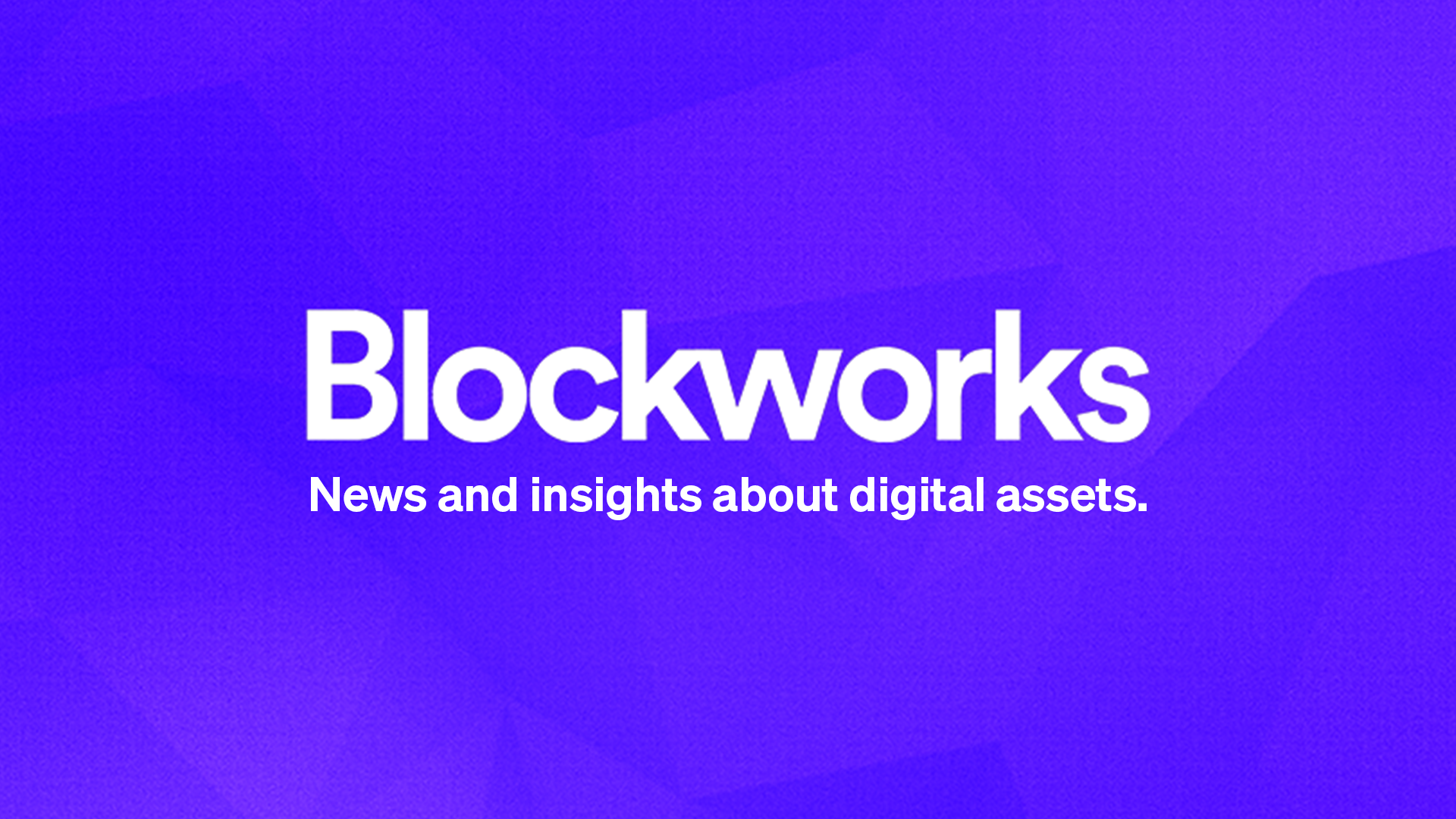ARTICLE AD BOX
This is a segment from the 0xResearch newsletter. To read full editions, subscribe.
Charlie Munger once said: “Show me the incentives and I’ll show you the outcome.”
So if you’re launching a memecoin on pump.fun, your incentives are: reach a token market cap of $100k, upon which $17k of liquidity is deposited into the Raydium DEX to kickstart a trading pair.
Then, here are the outcomes: nudity, stray gun shootings, threats of suicide, threats to harm pets, school children, family members and alleged stunts involving the consumption of faeces in a dog cage.
This list just about sums up the banal grasps for attention in the world of memecoins. Thanks to pump.fun’s in-built livestream feature, that race for attention to the bottom is being laid bare on full display.
Attention is the currency of memecoins, so it’s a somewhat unsurprising outcome.
This state of affairs has sent a call for regulation or a ban on the memecoin launcher trending across Twitter. Already, there are fake images of a Polymarket predicting the odds of a pump.fun ban, and the SEC seizing the pump.fun website.
Over the weekend, pump.fun founder Alon acknowledged the problem and claimed that the platform’s team of moderators are “working around the clock” to quash the “illicit content.” But given the rate of thousands of memecoins being deployed daily, that’s going to be easier said than done.
Realistically speaking though, what could a regulator do?
US regulators, for example, could pressure internet service providers to block the pump.fun DNS domain, but a VPN could easily skirt the ban.
As for the tokens themselves, they live on the Solana blockchain. Regulators could technically pressure validators to block the transactions the same way the US Treasury applied sanctions on Tornado Cash in 2022, which takes us down the MEV supply chain rabbit hole once again.
There’s an ironic parallel here to the longstanding problem facing Big Tech’s social media platforms. If illegal content is posted on Facebook, who should be held legally liable — the user or Facebook?
Within the US, free speech proponents have argued that Section 230 of the 1934 Communications Act legally protects platforms’ illicit user-generated content.
That logic, consistently applied, may shield pump.fun from regulatory pressure, though it will certainly not shield it from the forces of market competition.
Pump.fun’s success has already been mimicked dozens of times. There is makenow.meme on Solana, sun.pump on Tron, and “Clanker,” a kind of AI-powered equivalent of pump.fun on Base, through which memecoins can be deployed into a Uniswap v3 pool for free with a Farcaster tweet.
Clanker was launched slightly more than two weeks ago, and already has collected about $4 million in fee revenues, according to Farcaster co-founder Dan Romero.
But whether it’s the regulatory hammer or market competition, pump.fun has plenty of incentives to quickly nip such a problem in the bud.
Start your day with top crypto insights from David Canellis and Katherine Ross. Subscribe to the Empire newsletter.
Explore the growing intersection between crypto, macroeconomics, policy and finance with Ben Strack, Casey Wagner and Felix Jauvin. Subscribe to the Forward Guidance newsletter.
Get alpha directly in your inbox with the 0xResearch newsletter — market highlights, charts, degen trade ideas, governance updates, and more.
The Lightspeed newsletter is all things Solana, in your inbox, every day. Subscribe to daily Solana news from Jack Kubinec and Jeff Albus.
 9 months ago
430956
9 months ago
430956







 English (US) ·
English (US) ·